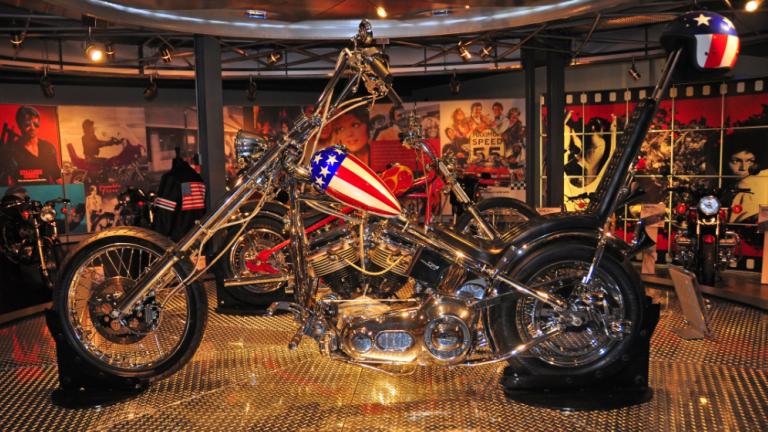
While climate justice usually evokes images of underprivileged communities suffering from extreme heat events, hurricanes and other climate related adversities, we should also bring a climate justice lens to their opposite - the positive visions of a good life powered by fossil fuels.
Electrification, for example. Starting in the late nineteenth century, writers, painters and other creatives were mesmerized by this new technology that turned darkness into light, converting nightime cityscapes where terror might lurk in any corner (imagine Jack the Ripper) into wonderlands; who doesn't think that the Empire State Building is merely imposing in daylight but magical at night?
Or the quintessentially American idea of freedom as sung and written and filmed in song after song, book after book, movie after movie. I remember being seduced by Easy Rider (not counting the shock of realizing that Jack Nicholson was a young man once) and the contradictory juxtaposition of automobiles and wilderness when driving to the Grand Canyon or Yellowstone. Open space, freedom, mobility, choice: is it possible to uphold these values in the absence of fossil fuels?
To a large extent, life, liberty and the pursuit of happiness is underwritten by petroleum and therein lies a clue as to why the United States is so reluctant to give up on liquid gold: both its hard power - a.k.a military force - and it's soft power - i.e., cultural values of freedom etc - are created and sustained by oil.
A new field called "Energy Humanities" has emerged with the goal of studying the tangible and intangible cultural effects of fossil fuels. A question for us as we explore climate justice is whether our idea of justice is itself a product of fossil fuels. Is it?





